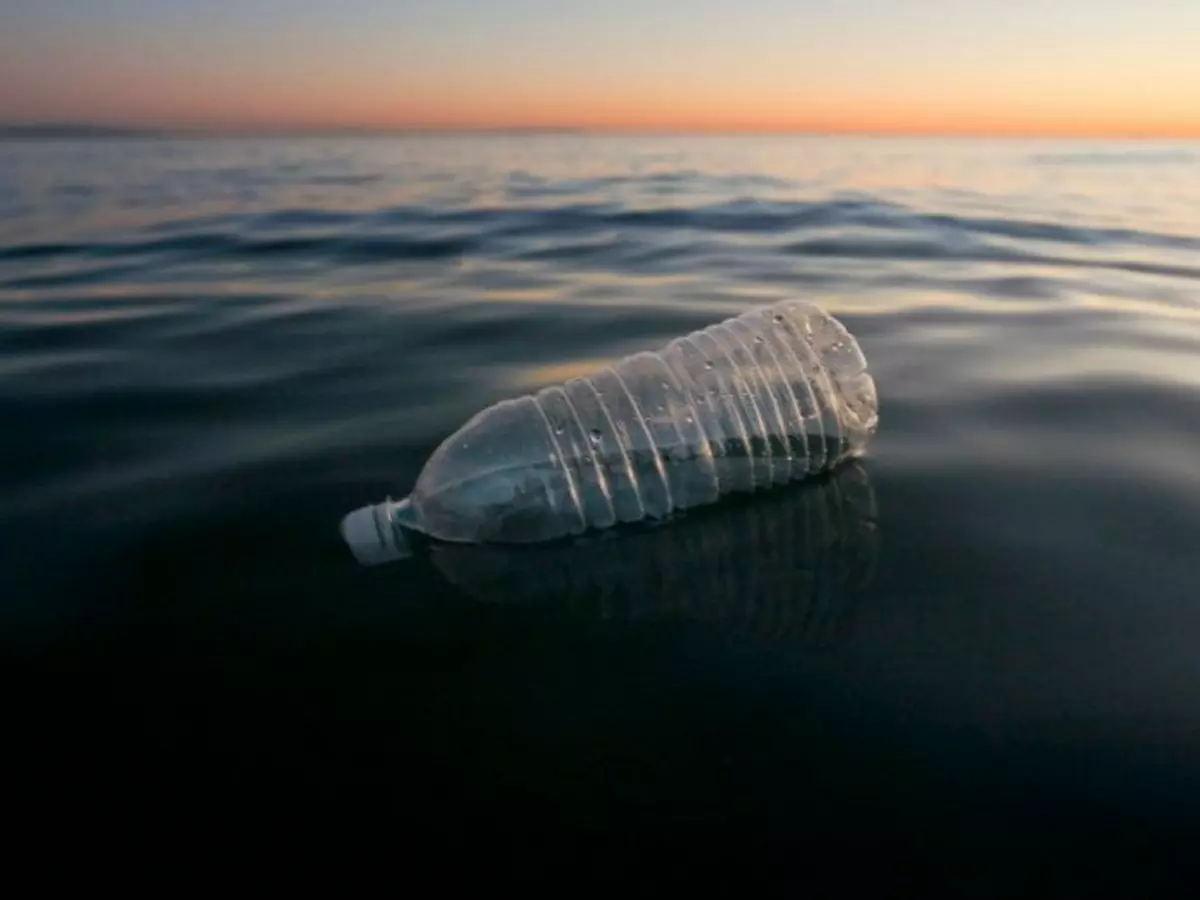We Have Dumped So Much Plastic In The Sea, It's Now Polluting 12 Km Below The Mariana Trench
Humanity's advances are having a devastating side-effect on our planet. So much so that a plastic bag drifted more than 36,000 feet below the ocean's surface and landed in the Mariana Trench. Scientists believe it to be the deepest plastic ever

For one of humanity's biggest conveniences of all time, Mother Nature is paying the ultimate price and how.
Plastic pollution has reached such an alarming level that floating plastic debris has now reached even the most deepest part of the world's oceans -- the Mariana Trench.

ALSO READ: This Diver Shows How Badly Plastic Is Polluting Our Oceans & Why We Should Not Use Any Plastic
A recent study published earlier last month has revealed that a plastic bag -- similar to the one you get at grocery stores or in the local vegetable market -- is the deepest known piece of plastic garbage found at the bottom of the ocean.
A manmade plastic bag has now been found at a depth of 36,000 feet or 12 kilometre inside the Mariana Trench, the deepest known part of all the Earth's oceans -- a place where no man has yet stepped foot on.
This extremely worrying revelation was made by a team of scientists and marine researchers who have compiled a map of garbage found inside our seas and oceans.

A collection of photos and videos taken from over 5,000 undersea expeditions over the past 30 years, the Deep-Sea Debris Database revealed a single floating plastic bag inside the deepest part of the Mariana Trench.
The marine pollution database also reveals that of the plastic littering the ocean floor, a startling 89 percent of plastic is actually the type that's used once and then thrown away -- like a plastic water bottle or plastic bag.
Why we should stop using plastic
Scientists estimate there are about 5 trillion pieces of plastic in our oceans, and they¡¯re wreaking havoc on our environment and the creatures that inhabit it. And it¡¯s not just a problem for today, it¡¯s a problem for the next generation too. With 8.3 billion metric tonnes in seven decades, we are turning Earth into a 'Plastic Planet'.

A foam plastic cup would take an estimated 50 years to degrade, a plastic cup holder 400 years, and a disposable diaper 450 years. Scientists say that by 2050 there could be more plastic than fish in the oceans by weight
All this plastic leaks persistent organic pollutants (POP) into the ocean and our marine life. These highly toxic carcinogens are ingested by plankton, fish, and ultimately humans, causing elevated cancer risk, immune disorders, and birth defects.
DON'T MISS: 11 Ways People Took The Pledge To Eradicate Plastic Waste From Our Lives
